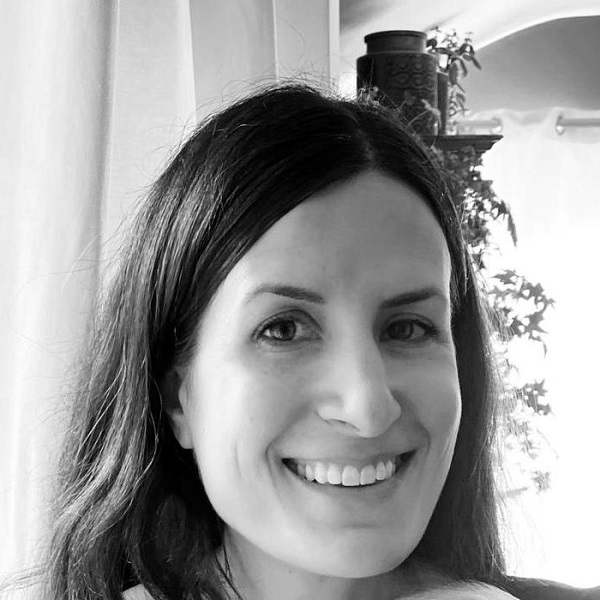
Tell us about yourself
I am a Senior Lecturer at Queen Mary University of London. Prior to this, I was a Senior Lecturer at the University of York, where I worked from 2017-2023. I have also been a sessional lecturer in both Criminal Justice and Theatre Studies at Birkbeck, University of London as well as a Graduate Teaching Assistant at LSE Law and University of Sydney.
I am currently a co-investigator on the Centre-funded project Defendants as victims: a scoping review of vulnerability, victimhood and safeguards from charge to conviction.
Tell us about your project funded by the Centre
The project will explore how vulnerability and victimisation can affect a suspect or defendant’s ability to mount an adequate defence, and how the criminal justice process may exacerbate existing vulnerabilities or result in re-victimisation. Examples of defendants who are also victims include victims of domestic abuse who kill their abusers, and those engaged in criminal conduct who are victims of modern slavery or other forms of exploitation.
This scoping project will review relevant law, policy and empirical research and will focus on criminal justice institutions beyond the police. These include the Crown Prosecution Service, HM Courts and Tribunals Service, and HM Prison and Probation Service. It will consider how these institutions define ‘victimhood’ and evaluate the safeguards in place for defendants who are also victims, or who are otherwise vulnerable.
How does your research connect to the Centre’s mission and values?
The Defendants as victims: a scoping review of vulnerability, victimhood and safeguards from charge to conviction project fits with and complements the Centre’s priorities and programme of research in several respects.
It will extend beyond the Centre’s focus on policing and early contact with the criminal justice system by analysing the role of vulnerability from charge to conviction. In so doing, it will draw into focus criminal justice institutions beyond the police, including the Crown Prosecution Service, HM Courts and Tribunal Service, and HM Prison and Probation Service. It will consider how these institutions define victimhood and evaluate the safeguards in place for defendants who are also victims, or who are otherwise vulnerable.
The scoping study proposes to consider extending the definition of victimhood, recognising a more complex understanding of the impact of past victimisation on the experience of defendants who are victims. It will facilitate deep engagement with the Law Commission – a key institution of law reform and legal change – in a way that could influence the Commission’s future work and build pathways to impact. The Law Commission report that will result from this research will play a role in developing wider momentum for initiating changes to safeguards, policy and other measures for recognising victimhood and vulnerabilities in the pre-trial process.
The study, with its focus on critically assessing the viability of the definitions of victim currently used in the pretrial process, will broaden its scope to think about how multiple disadvantages, through factors such as socio-economic status, gender and ethnicity, might need to be factored into a more complex understanding of victimhood that involves greater protection for vulnerable defendant/victims.
What interests you in the connections between policing and vulnerability?
To date, only a small number of small-scale empirical projects have been conducted in England and Wales on vulnerable defendants in court processes. Existing empirical research has been conducted with lawyers and court liaison and diversion services. I’m particularly interested in understanding defendants as victims in the light of disabilities and vulnerability. Ultimately, through our research, we’re interested in providing a real impetus for change for the better in terms of protections for defendants as victims.
